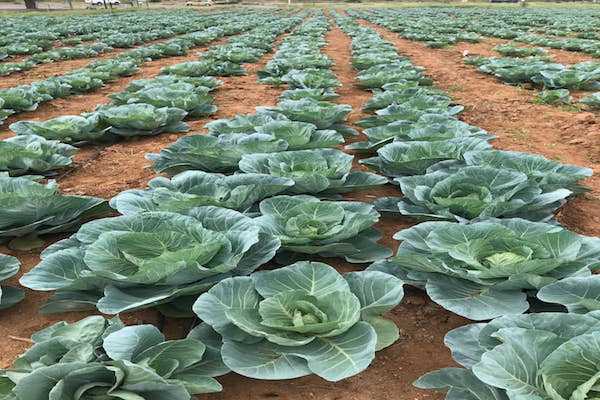BUAN undeterred by COVID-19, ready to feed the nation
While the nation is under lockdown and grappling with COVID-19, the Botswana University of Agriculture and Natural Resources (BUAN) graduates are at work ensuring the food supply is not interrupted. BUAN has enrolled five of their former students who graduated from an Incubation Project in May 2019 to showcase and demonstrate that food self-sufficiency is possible given the right technology, farmer attitude and commitment.
Speaking to Botswana Guardian Transformation and Coordinator Officer at BUAN, and also the BUAN-ISRAEL Project Coordinator, Dr. Mataba Tapela said the graduates are part of the pioneering cohort of 35 students who were sent to Israel for 11-months practical attachment in 2017. While in Israel, the students lived and worked among Israeli farming communities called Kibbutz and Moshav. “They learnt the farming techniques and skills under challenging conditions that have transformed their attitude towards agricultural production”.
Tapela said the students worked in vegetable and fruit production farms, packaging houses, and dairy facilities. To date, the university has sent three cohorts of 35 each. The third cohort is still in Israel and will complete in July 2020. Upon their return to Botswana, the University allocated the students a 3ha piece of land along the A1 highway and next to the main entrance into the University at Sebele Campus.
“The purpose was to set up an incubation project that will demonstrate that high performance farming is possible in Botswana when one uses water efficient technologies, high yielding varieties, and the right farmer attitude.” The project attracted several partners, including the Israeli Government which funded the irrigation equipment supplied by Flowtech; SeedCo, which supplied seeds, while BUAN staff provided technical advice and water reservoirs.
Planting started in July 2019 with the first crop of green mealies, cabbage, tomatoes, watermelons and butternuts. By November-December the crop was being harvested and sold to local supermarkets, government institutions and the general public. Normally, Botswana cropping season under rain-fed conditions starts in November and runs until May the following year. “The incubation project demonstrated that it is possible to plant and harvest by the time the cropping season starts.”
He said second planting session for the season started in February 2020. The field was planted with cabbage, tomatoes, bell peppers, and green mealies. The crops are due for harvest at the end of April and beginning of May. This certainly demonstrates that two harvests are possible within one cropping season. The good news is that buyers are already lined up to take up the produce. He said the university is now in discussion with government, financial institutions, input suppliers and retailers to develop a value chain that will support sustainable food production in Botswana.
The students will have a place to graduate to when they complete their incubation period in July 2020. Furthermore, the university is working on a programme to take on local farmers to join the incubation for a whole crop cycle in order to educate the wider farming community.
# COVID-19
#staysafe
#Botswana Guardian






